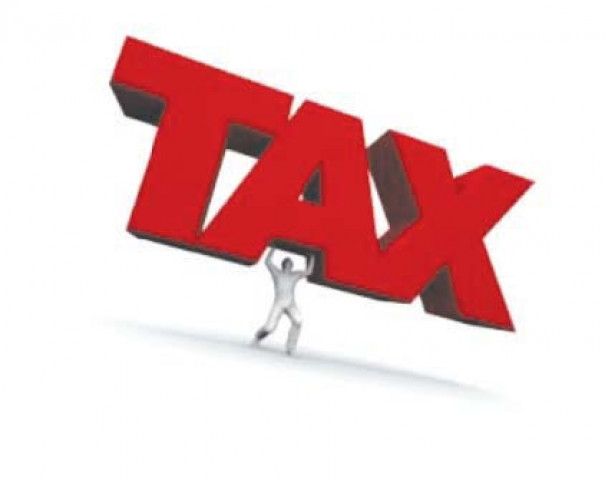Let us not encourage the brain drain!
Increasing income taxes will only mean that investments dry up.

It was shocking to read a report in a prominent local newspaper that the government was contemplating increasing personal income taxes from current 20% to 35% as the maximum bracket and collapsing 16 slabs to six which will effectively increase personal taxes by a factor of 5 to 7 times for citizens in the lowest income bracket.
This is contrary to statements made by the finance minister on multiple occasions that no taxes will be increased but instead the focus will be more towards expanding the tax net. One would sincerely hope this news is mere gossip.
Taxation, as everyone would agree, is part and parcel of any civilised and progressive society. Taxation is the bread and butter of any government’s revenue stream which is used to provide everything a nation needs ranging from strong governance, robust infrastructure, personal security, 24/7 accessibility to utilities, widespread and mandatory education, good quality health facilities, and a clean environment. In addition it also helps to finance the complex machinery of the bureaucracy as well as the running of our parliament and senate.
Taxation must be planned in an organised manner with a long term focus on sustainability. It must not be planned with a short term focus on quick revenue generation.
The latter approach has a major drawback as it can wipe out years of good work in building commerce, trade and manufacturing investment. Personal taxation indirectly impacts investment and economic growth as it can drive professionals to countries which offer a better quality of life.
To me there are two key points to this dialogue: Firstly, the benefit to the national exchequer of this huge increase on personal income taxes will be miniscule (less than 2.5% of total government revenues) while the hurt to a very small population of taxpaying citizens will be shattering.
Secondly, the access and availability to quality human resources will be hurt, which is a key stimulant to any economy. These human resources, like any business entity, also need to budget and plan their yearly spending and saving plans. Citizens need to prioritise and save for their children education, housing, utility payments, rest and recreation, and above all food and clothing whose reported inflation over the last 4 years has nearly doubled. Considering the pro and cons of increasing personal taxation, the damage of this move on the country’s taxpaying citizen’s motivation will be significant and will far outweigh its benefit to the government.
Personal taxation needs long term stability else the human resources can make the decision to move to countries where they find quality return on their investment on personal taxation.
Taxpaying citizens of Pakistan are already playing with a significant handicap; let us not do anything which may instigate a brain drain of qualified and technical professionals to look outside our borders to make a living. Until our governments start treating human resources as their most precious assets, no progress can be made on the economic front.
If this measure is indeed being debated for the upcoming budget, one would strongly suggest to the relevant authorities not to venture this way.
Published in The Express Tribune, April 30th, 2012.



















COMMENTS
Comments are moderated and generally will be posted if they are on-topic and not abusive.
For more information, please see our Comments FAQ